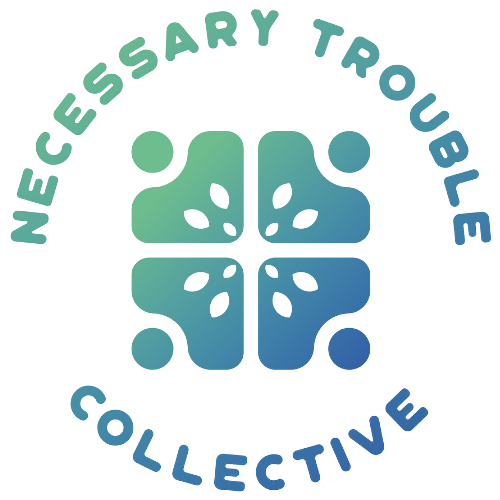DAY 10: Give up believing the “Bootstrap Theory”
The “Bootstrap Theory” is the theory that all people, no matter how meager or challenging their beginnings, can achieve great wealth if they work hard enough. There is no evidence that people from one race work harder than people from any other race, therefore, everyone should have the same probability of upward mobility regardless of race. Unfortunately, this is not true.
Research by economist Richard Reeves of the Brookings Institution among others proves that the bootstrap theory is a myth. If you are born into a family that is in the bottom 1/5 of wealth in the US and you are white, you have roughly a 23% chance of staying in the bottom 1/5 and a 16% chance of making it to the top 1/5.
If you are born into a family that is in the bottom 1/5 of wealth in the US and you are black, you have roughly a 51% chance of staying in the bottom1/5 and only a 3% chance of making it to the top 1/5.
In the US, roughly 30% of Black children live below the poverty line while only 10% of white children do. In Canada, 20% of racialized families live in poverty, while only 5% of white families do. So, not only are Black, Indigenous and People of Colour less likely to move up to a higher economic level, they are three to four times more likely to start out at the bottom 1/5.
Comparing two children born into poverty in the US, one Black and one white, white privilege means the white child is 5 times more likely to make it to the top 1/5 and twice as likely to make it out of the bottom.
SELF REFLECT: Which wealth category were you born into and which are you in now? If you moved up, what do you attribute that to? If you are white, review your family’s history to see if you can list how being white supported your upward mobility or your ability to maintain wealth.
TIP: Bootstrap theory is about independence - it denies the reality of our interdependence and the central role of interdependence on survival. Make a commitment to actions that embrace and honour your interdependence with others in your community? Here is a short list of ideas:
Begin and slowly add to a list of all the people that you are dependent on for your basic necessities such as the person who grows the food you eat, transports the food, processes the food, mines the metal for your appliances, repairs the streets you drive, etc.
The next time you have a big decision to make and are inclined to make it unilaterally, stretch to include someone who will be impacted by that decision in the process of making it. Ask yourself who else might be impacted and consider seeking their input.
If you recently made a decision that had a negative impact on someone in your life, invite a dialogue about the impact of that decision to expand your understanding and grow your capacity for thinking interdependently.
Seek knowledge about the impact of the things you buy by learning about the conditions and lives of all of the people engaged in the production of that item. Take in and acknowledge the impact your decision has on them.
RESOURCES:
